China releases white paper on Taiwan, vows to achieve unification 'peacefully'
China has released its first white paper on Taiwan in two decades, expressing “greatest sincerity” for peaceful unification of the self-ruled island with the mainland days after US House Speaker Nancy Pelosi’s controversial visit to Taipei.
Pelosi’s whirlwind visit to Taiwan sparked fresh tensions between Beijing and Taipei and saw China holding large-scale naval and aerial drills around the island.
On the day it announced the end of military drills, Beijing released the white paper, the first in over two decades, titled “The Taiwan Question and China’s Reunification in the New Era”.
The paper clearly laid out China’s position on the self-ruled island and US interventions there, saying it would never allow any attempt to separate Taiwan but also would make every effort to achieve unification through peaceful means.
“We will work with the greatest sincerity and exert our utmost efforts to achieve peaceful reunification,” the white paper stated, adding that the option to use force would not be ruled out, and would only target external and separatist activities rather than people on the island.
“We are one China, and Taiwan is a part of China. This is an indisputable fact supported by history and the law. Taiwan has never been a state; its status as a part of China is unalterable,” the paper added, as cited by China's state-run Global Times newspaper, vowing zero tolerance for “separatist activities.”
China considers Taiwan as a breakaway province that should be reunited with the mainland under the internationally-recognized “one-China” policy.
Under the policy, nearly all countries recognize Beijing’s sovereignty over the island, including the US, which has no formal diplomatic ties with the territory.
However, in violation of its own stated policy and in an attempt to irritate Beijing, Washington continues to court the secessionist government in Taipei, supporting its anti-China stance and supplying it with massive caches of armaments.
Inflaming tensions between the US and China, 82-year-old Pelosi stepped in Taiwan on August 2, prompting Beijing to react to the highest-level US visit to Taiwan in 25 years with a burst of military activity in the island’s surrounding waters.
On August 3, Pelosi, who is third in the line of succession to the presidency and a long-time critic of China, concluded her brief visit to Taiwan, which is the sovereign territory of China, despite repeated warnings by Beijing over the past month against such a provocative trip.
“The realization of complete national reunification is driven by the history and culture of the Chinese nation and determined by the momentum towards and circumstances surrounding our national rejuvenation," the paper read.
"Never before have we been so close to, confident in, and capable of achieving the goal of national rejuvenation. The same is true when it comes to our goal of complete national reunification,” the white paper read.
According to Global Times, the white paper is China's third such document on the Taiwan question. The previous editions were “The Taiwan Question and Reunification of China” (1993) and “The One-China Principle and the Taiwan Question” (2000).
Like the two previous white papers on Taiwan, the third one also emphasized peaceful reunification and “one country, two systems” as China’s basic principles for resolving the Taiwan question and the best approach to what it called realizing national reunification.
The differences in the social system in mainland and Taiwan are “neither an obstacle to reunification nor a justification for secessionism,” the latest paper said.
However, China has time and again said that it will not rule out the military option to achieve such reunification.
The white paper, released on Wednesday, also stressed that the Chinese mainland would not renounce the use of force, and reserved the option of taking all necessary measures.
“We will not renounce the use of force, and we reserve the option of taking all necessary measures. This is to guard against external interference and all separatist activities," the document said.
It, however, stressed that the move is to guard against what it called external interference and all secessionists’ activities. “In no way does it target our fellow Chinese in Taiwan. Use of force would be the last resort taken under compelling circumstances," the paper stated.
“We are ready to create vast space for peaceful reunification, but we will leave no room for secessionists' activities in any form. We will work with the greatest sincerity and exert our utmost efforts to achieve peaceful reunification,” it hastened to add.
The white paper reflects the decision by the Communist Party of China (CPC) and the Chinese people and their commitment to national reunification.
According to Zhang Wensheng, deputy dean of the Taiwan Research Institute at Xiamen University, the white paper is a systematic summary of CPC's policies and guidelines on the Taiwan question and the new situation of cross-Straits relations since The 18th CPC National Congress.
'China to fight every US provocative act'
Meanwhile, Chinese Foreign Ministry spokesman Wang Wenbin said at a press conference in Beijing on Wednesday that China would resolutely fight back against every US provocative act that undermines its sovereignty and territorial integrity and meddles with its domestic affairs.
“Pelosi’s trip to Taiwan is a major political provocation to upgrade US-Taiwan exchanges," Wenbin said, warning of the escalation in tensions.
"It violates the commitment to maintaining only unofficial exchanges with Taiwan made by the United States in the communiqué on the establishment of diplomatic relations between China and the United States, violates the one-China principle widely recognized by the international community and confirmed by the UN General Assembly Resolution 2758, and violates the norms of international law of non-interference in internal affairs established by the UN Charter."
He said Beijing had warned Washington well in advance against Pelosi’s visit to Taiwan and that such a trip would cause a crisis and major disruptions to China-US exchanges and cooperation.
“The US side is going further down the path of hollowing out and distorting the one-China principle, but it accuses China of changing the status quo. The United States conducts up to a hundred military exercises in China's surrounding waters every year but accuses China of overreacting. China will not accept this thuggish logic, nor will the international community,” the spokesman said.
Wang also noted that every time the American side “makes a serious provocative act of infringing on China's sovereignty and interfering in China’s internal affairs, the Chinese side will resolutely fight back. China will never allow its sovereignty and territorial integrity to be wantonly trampled on and sabotaged.”
About 20 Chinese and Taiwanese warships have lined up in front of each other, close to the median line of the Taiwan Strait, to continue their naval drills, as tensions between the two sides soar in the aftermath of the controversial visit to Taiwan by Pelosi.
A day earlier, China’s air force and navy conducted drills on Tuesday to test joint control and connectivity capabilities in difficult electromagnetic conditions during ongoing military exercises around Taiwan.
The Taiwan Strait is a strategically-sensitive waterway that separates Taiwan from mainland China. US naval forces have been sailing through the strait about once a month, irking Beijing, which considers the sailings as a sign of support for Taiwan.
VIDEO | 3,000 bodies of Palestinians ‘evaporated’ as Israel used banned weapons in Gaza
Iran says political pressure cannot undermine its ‘inalienable’ enrichment right
Former Trump adviser Bannon plotted with Epstein to 'take down' Pope Francis
China warns US against ‘plotting’ on Taiwan, says it risks confrontation
VIDEO | Zionist takeover of UK police
VIDEO | Trump-Netanyahu meeting
Iran’s shortest rail route between China and Europe
'Shameful': Hamas decries Western systemic campaign against UN expert Albanese


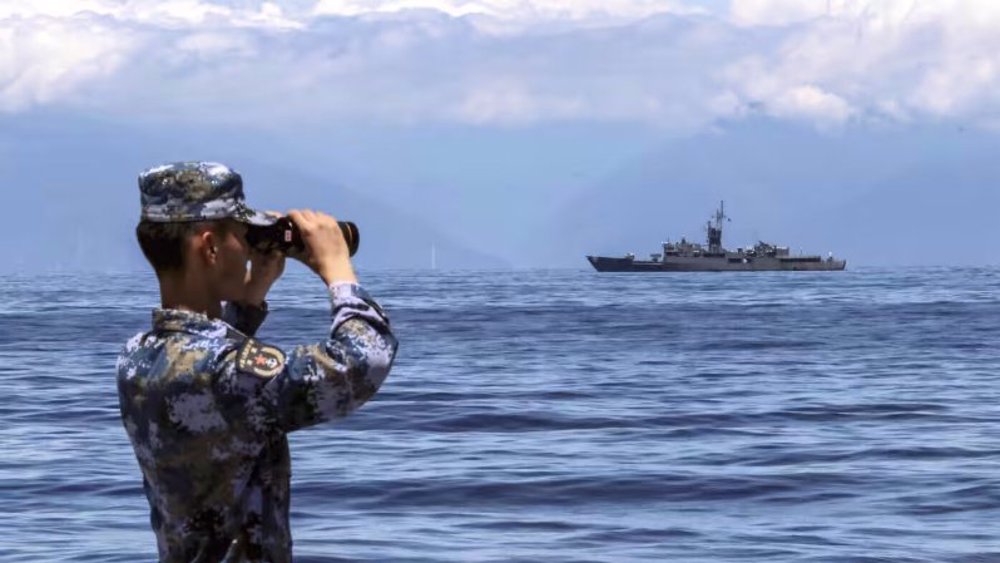
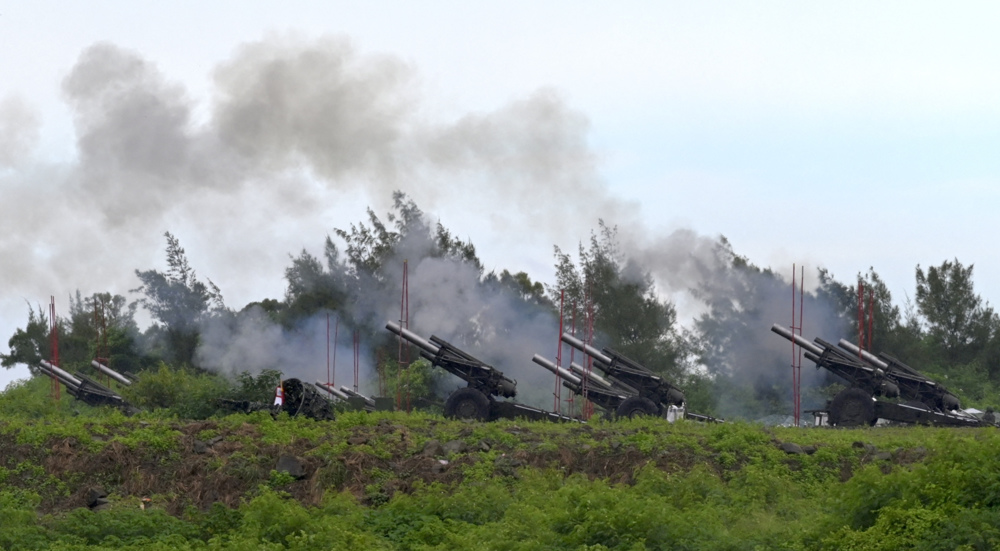
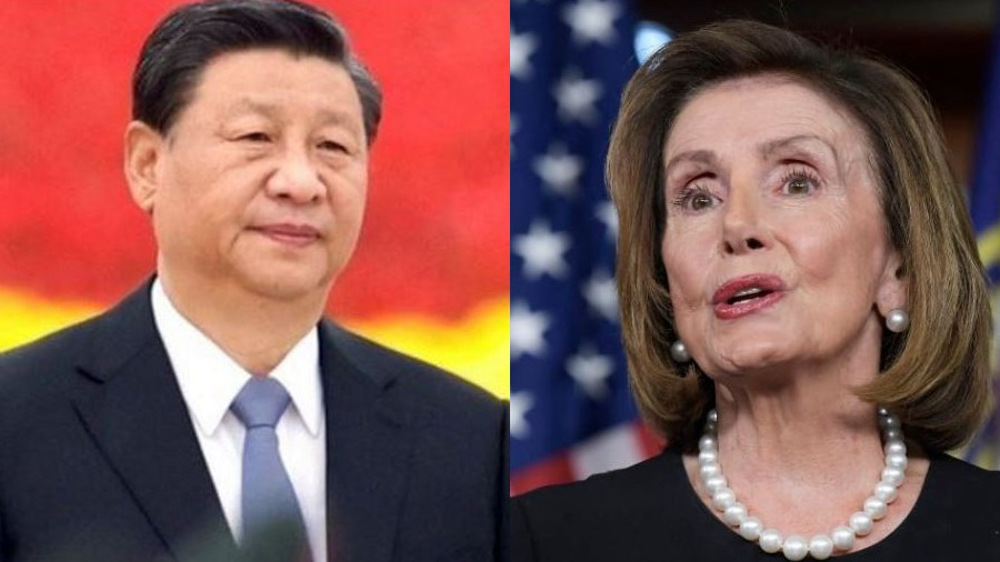
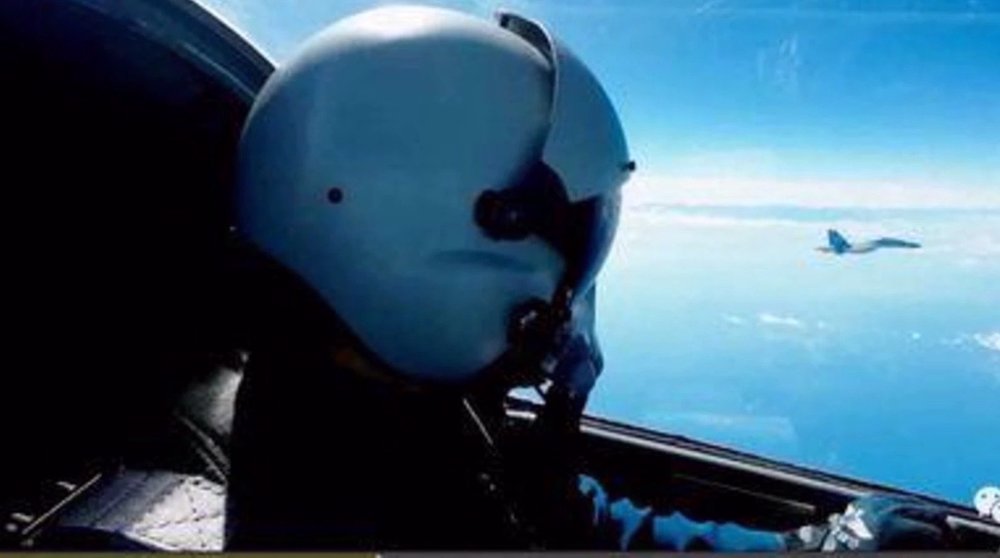
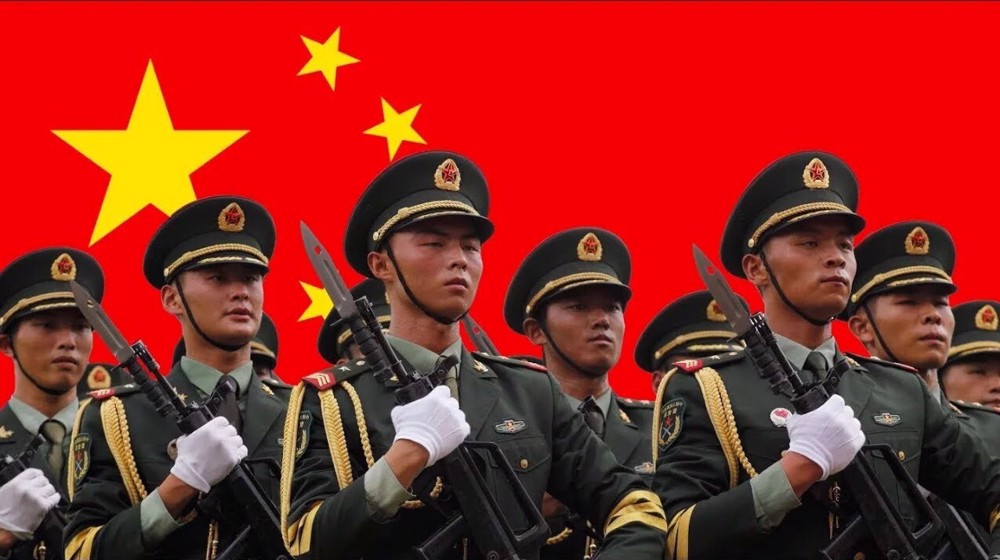
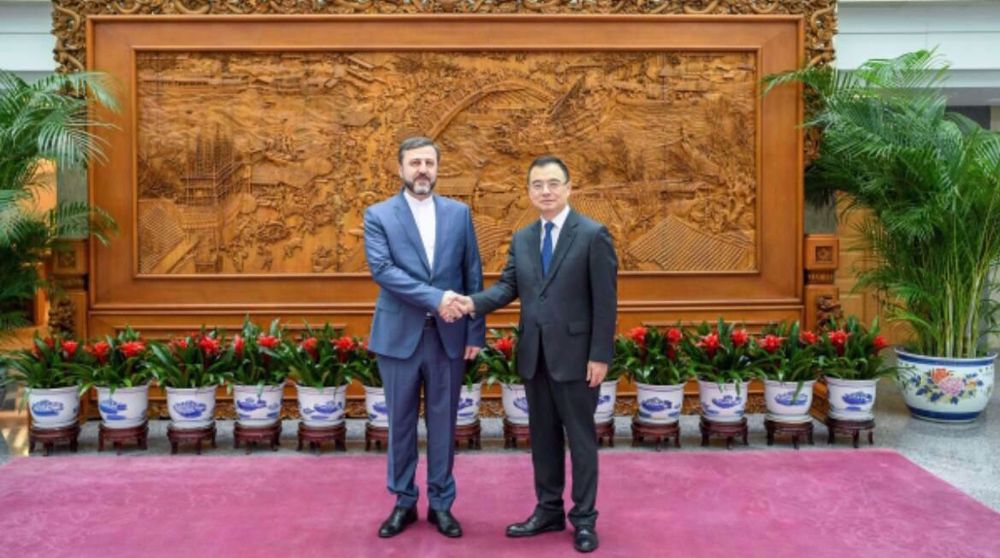
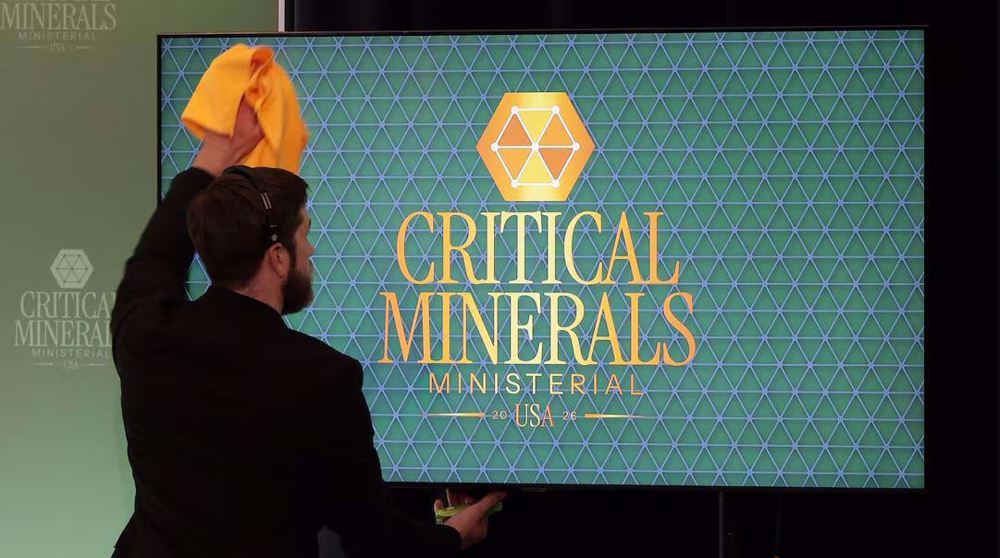




 This makes it easy to access the Press TV website
This makes it easy to access the Press TV website